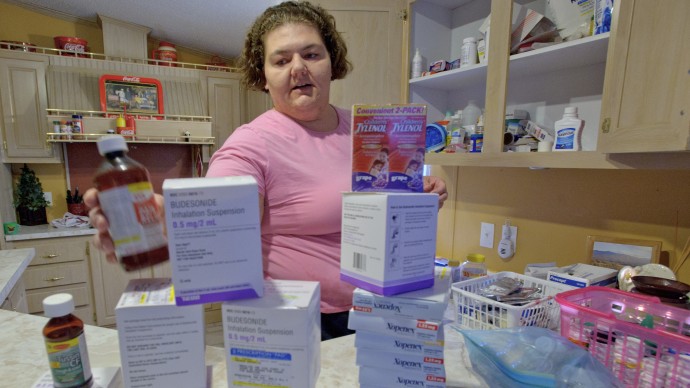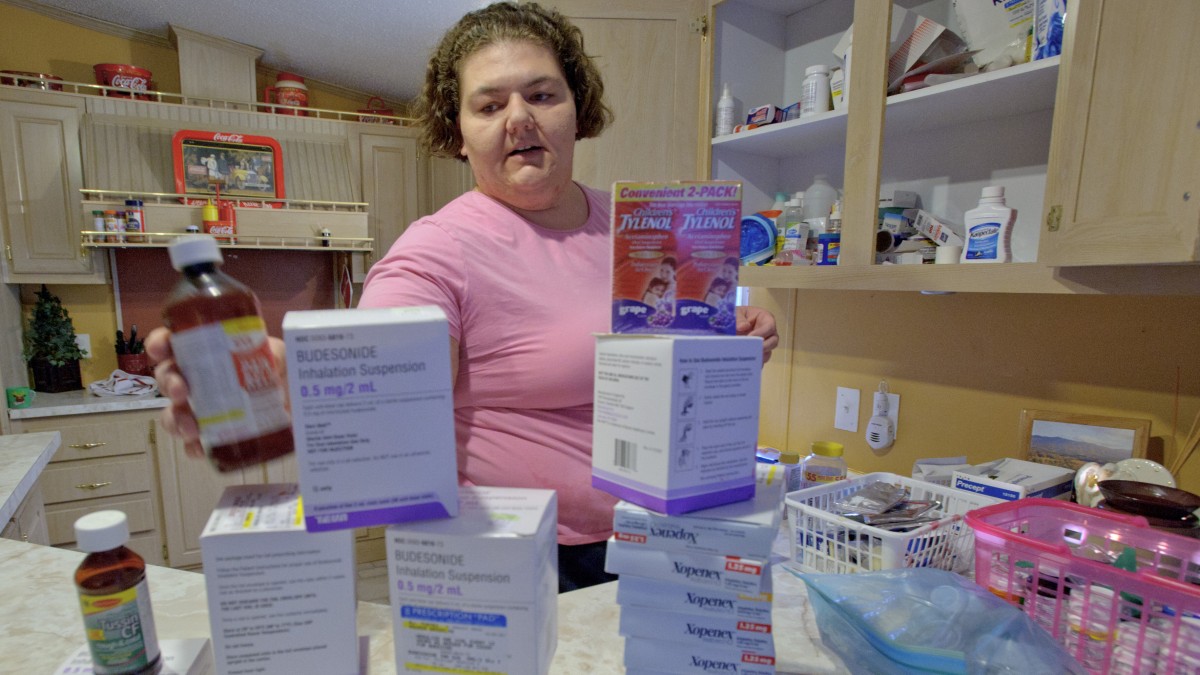
(MintPress) – A $36 million award has been set aside for four universities in states affected by the BP oil spill in the Gulf of Mexico in 2010 to bring mental health counselors to the affected regions. The award is part of the larger $7.8 billion settlement BP reached with plaintiffs in May.
The awarded money will go to the Louisiana State University Health Sciences Center, the University of Southern Mississippi, the University of South Alabama and the University of West Florida. Each university will use the money to implement a five-year program in order to train and send mental health experts to affected communities to work side-by-side with doctors at local clinics and other sites throughout the states.
The settlement has received preliminary approval of a federal judge.
The region near the Gulf of Mexico has been hit by disasters before, including Hurricane Katrina in 2005, however, the 2010 oil spill, which dumped nearly 200 million gallons of oil into the Gulf, is the most recent disaster to hit the area. The continual disasters have taken their toll on the nearby communities and their economies.
Rick Costa, a psychologist at LSUHSC and a member of its trauma team, noted that people affected by the oil spill were wary of going to a mental health clinic after the disaster, and therefore professional health and mental health care providers went to the public instead. The providers worked in schools and other community gathering places in order to give people the support they needed.
According to an AP story, “(R)ather than assuming they had the answers, the counselors created trusting relationships that allowed them to provide the services residents eventually told them they needed most.”
The counselors said this allowed them to become part of the community instead of remaining stigmatized as being “two-headed scary monsters”.
The new five-year plan that will be implemented will provide similar services that have been previously used in some areas of affected, including getting mental healthcare to the community through schools and other community centers.
The new counselors coming in to the region will work in federally qualified health clinics. In areas where there aren’t facilities, the counselors will team up with local doctors to create “one-stop shops” for physical and mental health.
The project will also focus on those who are uninsured, underinsured and those living in places where access to mental health services is not easily accessible in 17 coastal counties and parishes.
In addition, a specialist referral network will be created to help diagnose and treat illnesses stemming from the oil spill as well as creating an online library of oil spill-related research to increase access to community-based primary care, make links to specialty care and bring coastal clinics to the same level as federally qualified healthcare facilities in order to serve patients on Medicare and Medicaid.


